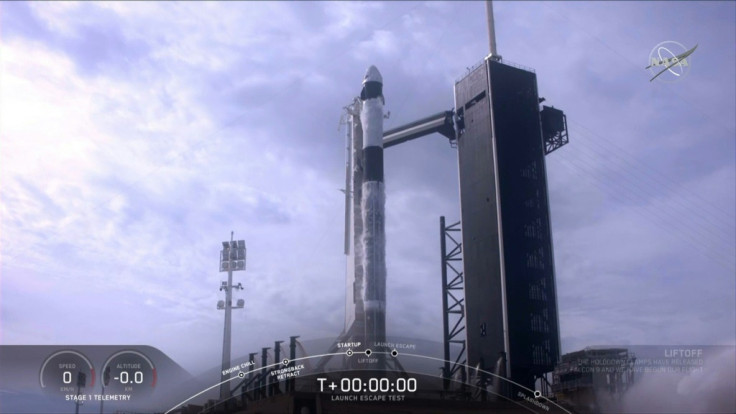NASA enlists SETI for planet protection from extra-terrestrials
NASA will be assisted by SETI Institute to implement measures in compliance with planetary protection standards during exploration missions.
The National Aeronautics and Space Administration (NASA) has recruited the Search for Extraterrestrial Intelligence (SETI) Institute an important task of ensuring planetary protection for earth and other planets. The United States space agency announced in a news statement.
SETI Institute is a research organisation dedicated to the exploration of intelligent life in other parts of the universe. In addition, it works to understand and explore the origin and nature of life in different parts of the universe. The institute was established in the year 1984 and has assisted NASA on various missions.
As per its new role, SETI Institute in Mountain View, California must aid NASA in all phases of current and future planetary exploration missions and "ensure compliance with planetary protection standards." As per the news release, SETI will work with NASA's Office of Planetary Protection (OPP) to provide training, develop instructions and guidelines for the implementation of planetary protection standards in the wake of missions. This means that SETI is now in charge of promotion of "responsible exploration of the solar system by protecting both Earth and mission destinations from biological contamination."
"The depth of mission experience and breadth of knowledge on the SETI Institute team will help NASA meet the technical challenges of assuring forward and backward planetary protection on the anticipated path of human exploration from the Moon to Mars," said Lisa Pratt, NASA's planetary protection officer at its headquarters in Washington.
The contract includes several upcoming missions including the Mars 2020 and Europa Clipper missions and preparations for NASA's Mars Sample Return mission. In addition, it includes NASA's Artemis program, a lunar exploration project that will land the first woman and next man on the Moon in the year 2024.
As for the Europa Clipper mission, it is an interplanetary exploration in development by NASA to study Jupiter's moon Europa. And Mars Sample Return mission brings samples from the red planet to our home planet using robotic systems.
"As we return to the Moon, look for evidence of past or present life on Mars and continue our missions of exploration and discovery in the solar system, planetary protection becomes an increasingly important component of mission planning and execution," said Bill Diamond, president, and chief executive officer of the SETI Institute. "We are proud to be NASA's partner for this mission-critical function, protecting Earth from backward contamination, and helping ensure that the life we may find on other worlds, didn't come from our own."
Meanwhile, the maximum value of the contract reportedly is $4.7 million for a period of five years.

The two agencies have worked together for more than a decade. Previously, SETI has been involved in NASA missions such as Hubble Space Telescope, Curiosity, New Horizons, OSIRIS-REx, Kepler, and others.
© Copyright IBTimes 2025. All rights reserved.





















